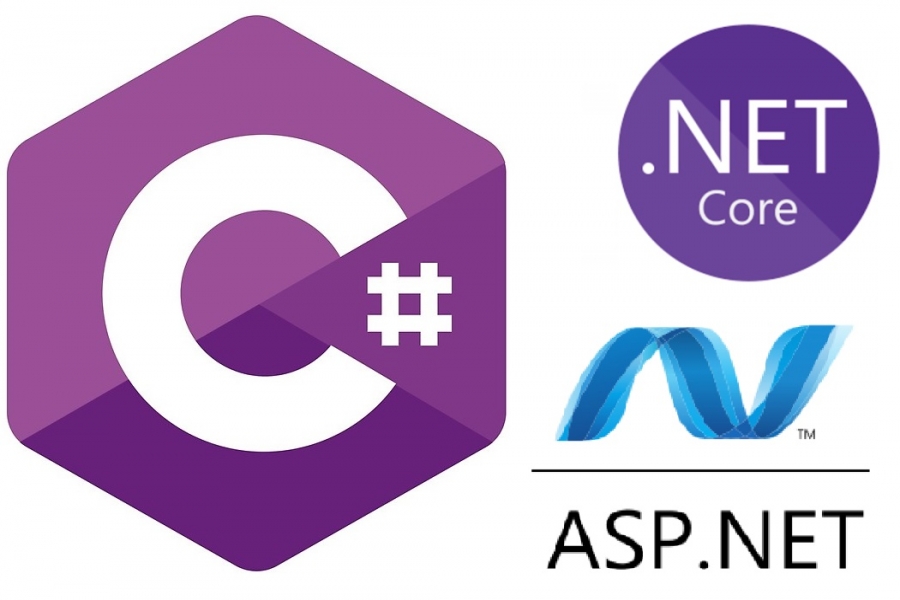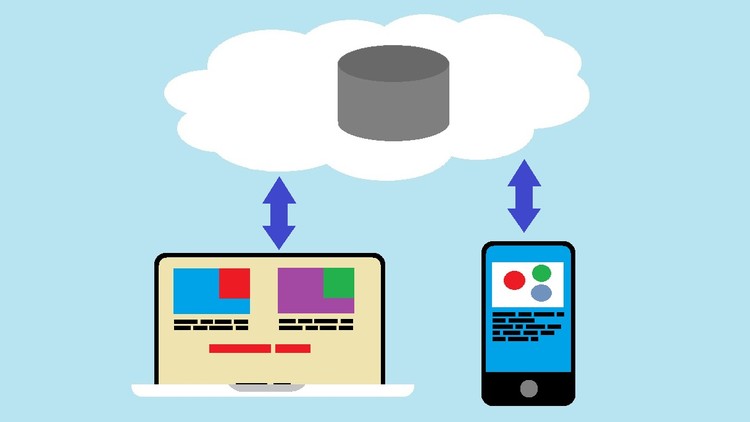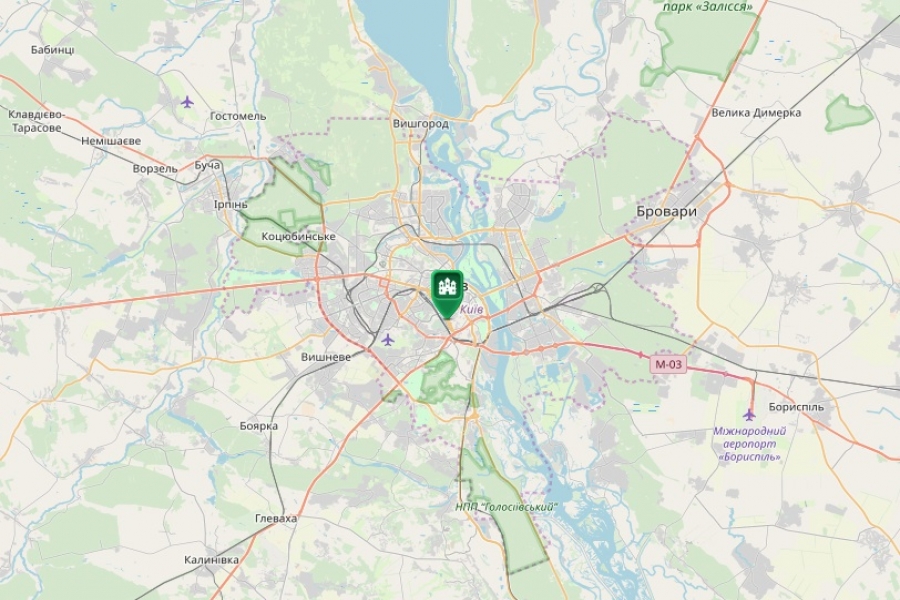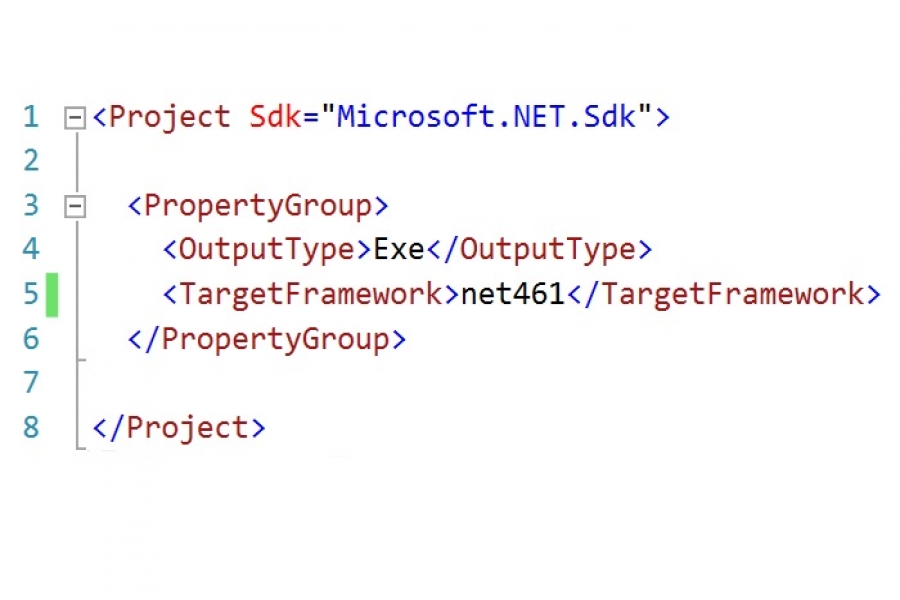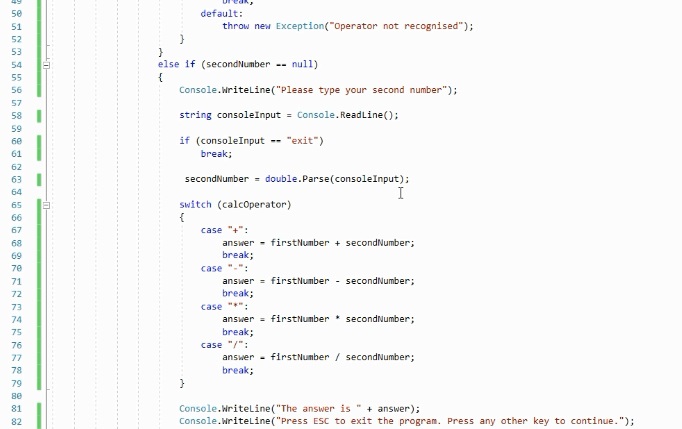C# basics in practice – manipulating text files
If you have just started learning C# and .NET, you might be tired of simple demo apps that don’t do anything other than output “Hello world!” text on the screen. The good news is that if you have mastered the basic syntax of C#, you are already equipped to build some useful apps with it. […]
C# basics in practice – manipulating text files Read More »
